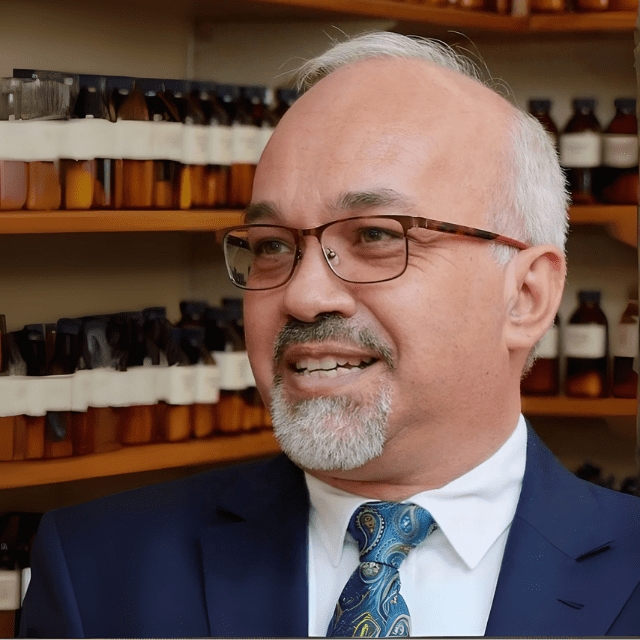Towards the integration of homeopathy into the south african public health system: curriculum, frameworks and political will
Abstract
The Department of Homoeopathy at Durban University of Technology (DUT), South Africa, has been providing state-subsidised Masters-level homeopathic training for 35 years. Within the legal framework of South African healthcare provision, registered homeopathic practitioners are viewed as primary-contact practitioners and have both the right to diagnose and treat any disease in any person (including physical examination of patients and referral for blood- and radiological examinations), and to refer to- and receive referrals from any other registered healthcare professional. Nonetheless, homeopathic provision has until relatively recently been almost exclusively restricted to the traditional middle-class and ‘private’ healthcare markets.
In this paper, the author will provide a brief overview of strategies informing the evolution and transformation of curriculum, community engagements, and political networking that have characterised the systematic and progressive transformation of the profession towards public healthcare integration. The overview will highlight the interplay of the core competencies of homeopaths as primary-contact practitioners; the protections afforded by the national statutory frameworks; and the role of higher education institutions, professional associations and NGO’s in reimagining the role of homeopathy in community-based healthcare provision, promoting inter-disciplinary and cross-cultural healthcare engagement, and advocating for the re-evaluation of homeopathy as a safe, cost-effective and critical contributor to the emerging public healthcare model.
Keywords
Homeopathy; public healthcare models; integrative healthcare
Presented by
Prof. Ashley Ross, DTech Hom, Head
of the Department of Homoeopathy




